
Dental health is more than keeping cavities away. It’s about the alignment of your teeth, how bright they are, how strong they are, and how healthy your gums are. Dental health is linked to both gut health and heart health. Keeping your teeth clean and healthy could impact the overall health of your body.
Most people know that eating whole grains is better for your teeth than eating simple carbohydrates like sugars and flours—but what are the best foods to eat for dental health? If you’re interested in knowing more, read through this list of the 15 best foods for dental health. In each section, I’ll outline why these foods are so great for your teeth and gums. At the end of the article, I’ll share three of my favorite food combinations for supporting dental health right away.
15 Fabulous Foods For Fantastic Smiles
- Milk
- Spinach
- Red Meat
- Celery
- Cheese
- Sweet Potatoes
- Almonds
- Strawberries
- Apples
- Carrots
- Salmon
- Kale
- Kiwi
- Yogurt
- Brazil Nuts
Milk
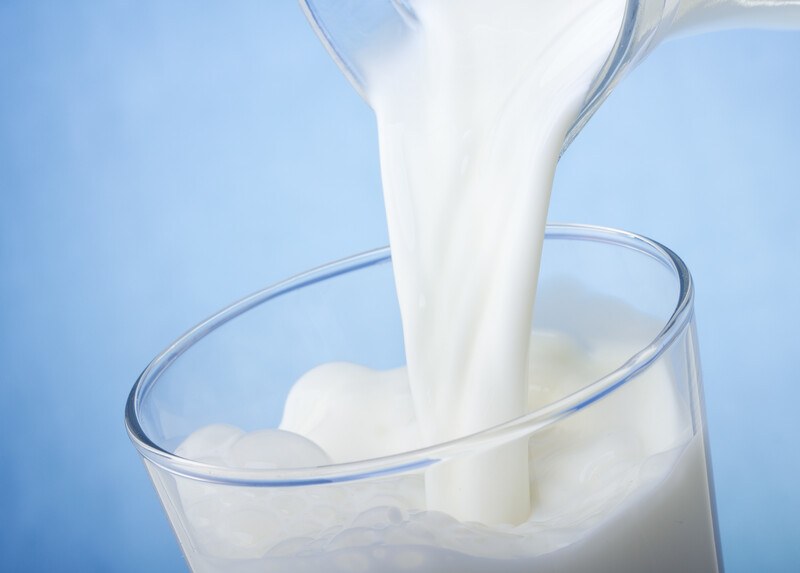
Cow’s milk is important for dental health because it contains both calcium and vitamin D. These two nutrients work together to replace minerals that are lost from teeth and tooth enamel. A cup of 2% milk provides around 24% of the daily recommendation for calcium and 13% for vitamin D.
Vitamin A is also important for proper tooth and enamel development. A cup of 2% milk provides around 23% of the daily recommendation for vitamin A. Cow’s milk is also relatively rich in potassium, several B vitamins, magnesium, and zinc.
Spinach
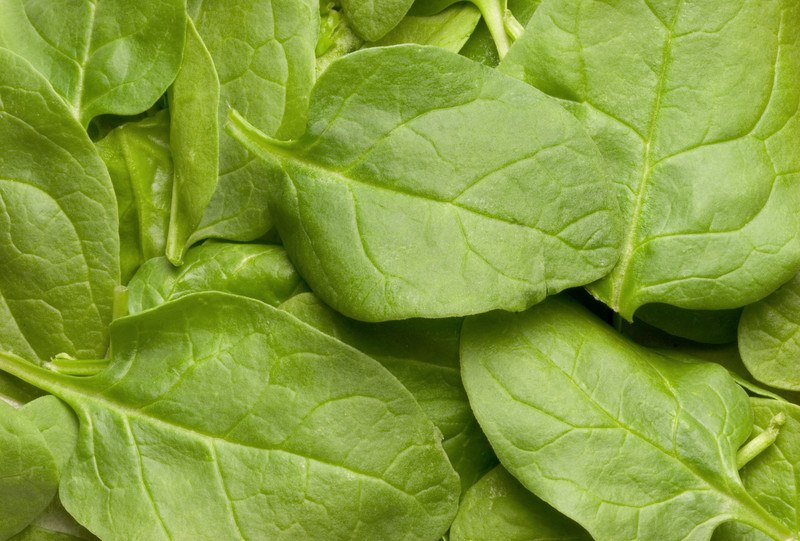
Spinach is a superfood that’s good for the entire body. When it comes to dental health, spinach shines because it’s a good source of calcium, vitamin A, and folate. It’s also a great source of vitamin K, which helps the remineralization process. A cup of raw spinach provides 121% of the daily recommendation for vitamin K.
The folate is also important because it helps to develop and maintain new cells. It’s also been studied for its ability to help prevent gum disease.
Red Meat
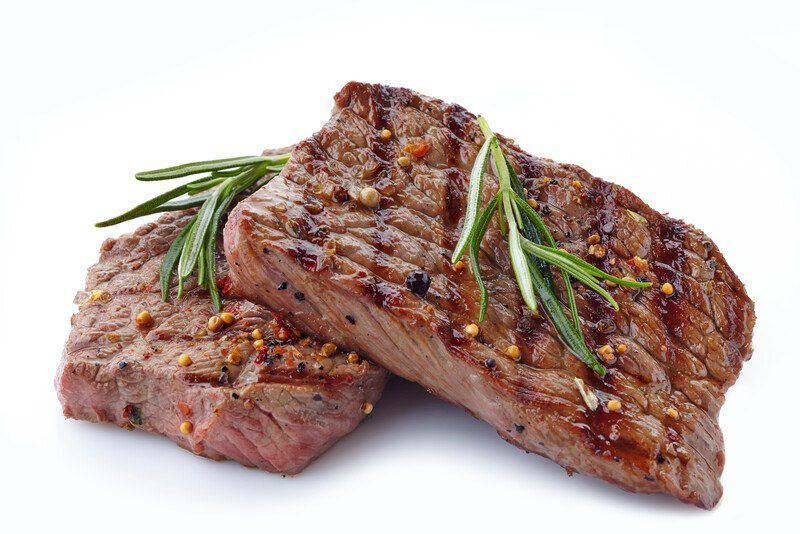
Red meat is great for dental health because it’s packed with minerals that help prevent tooth decay and strengthen teeth. Zinc, iron, and selenium are some of the star minerals in red meat for keeping smiles healthy and bright.
A four-ounce serving of 97%-lean ground beef provides 15% of the daily recommendation for iron, 54% for zinc, and 36% for selenium. It also contains 106% of the daily recommendation for vitaminB12, or cobalamin. This is helpful because a vitamin B12 deficiency could lead to the development of gum disease.
Celery
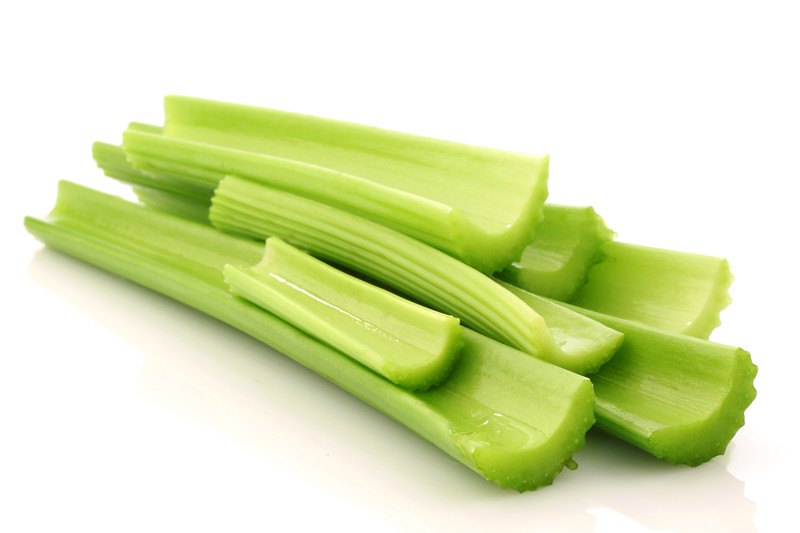
When it comes to dental health, celery is one of the best foods you can eat. This is partly because of its stringy texture and high fiber content. Chomping on a piece of celery is a little bit like flossing and brushing your teeth. Celery is also a great source of vitamin K and vitamin C. While vitamin K helps replenish minerals in teeth and tooth enamel, vitamin C’s anti-inflammatory properties help fight gum disease.
Celery has health benefits that extend beyond dental health, too. It’s great for lowering blood pressure, expanding smooth muscles in arteries, and fighting diabetes.
Cheese
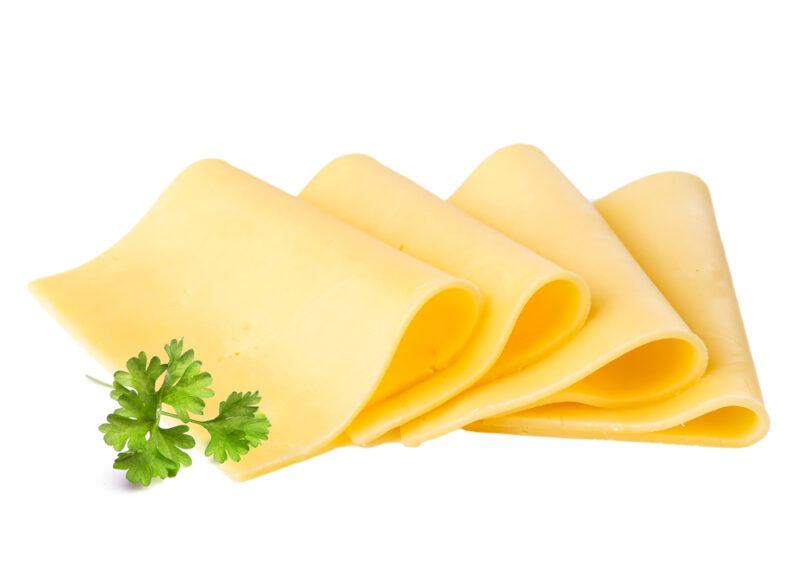
Cheese is also an excellent food for dental health. Most cheeses are carb-free or low in carbs, so they don’t contribute much to tooth decay. They’re also rich in a compound called casein phosphate, which helps lower the acidity in your mouth. Eating cheese also stimulates the release of saliva, which also helps keep mouth acidity low.
Cheese can be rich in nutrients that help build and protect the teeth, too. For example, one ounce of cheddar cheese provides 15% of the daily recommendation for calcium, as well as 10% for vitamin A, 12% for vitamin B12, 15% for selenium, and 9% for zinc.
Sweet Potatoes
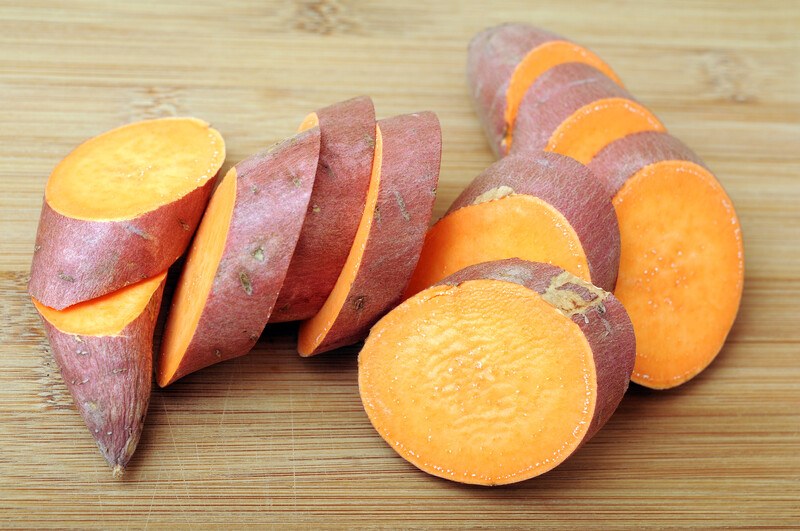
Sweet potatoes are well known for their high levels of vitamin A, which is important for the development of strong teeth and tooth enamel. Getting enough vitamin A is especially important for pregnant women, so they can provide good dental health for their developing babies, as well as for children, who are still developing their adult teeth.
One cup of raw sweet potato cubes provides 105% of the daily recommendation for vitamin A. Sweet potatoes are also a good source of vitamins C and K, as well as iron, calcium, potassium, selenium, and zinc.
The mineral manganese is also being studied for its role in dental health. A one-cup serving of sweet potatoes provides around 15% of the daily recommendation for manganese.
Almonds
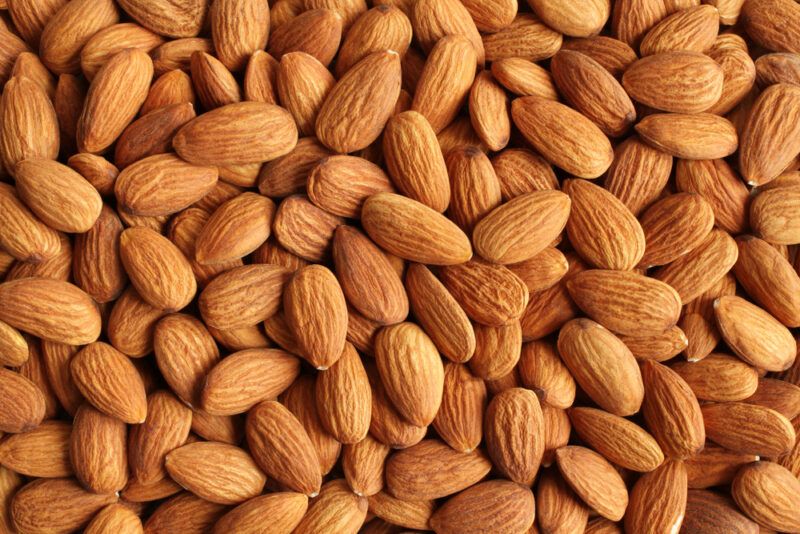
Almonds are rich in minerals that help keep teeth healthy. One ounce of raw almonds provides 6% of the daily recommendation for both calcium and iron, as well as 4% for potassium, 8% for zinc, and 15% for magnesium. Magnesium is interesting because it has anti-inflammatory properties that could help prevent gum disease, and almonds are just one of the magnesium-rich foods.
Almonds, cashews, and other nuts are also a good source of protein, which helps provide a strong tooth structure. While nutrient profiles vary between types of nuts, as a group, they’re all good sources of minerals that can help keep teeth strong.
Strawberries
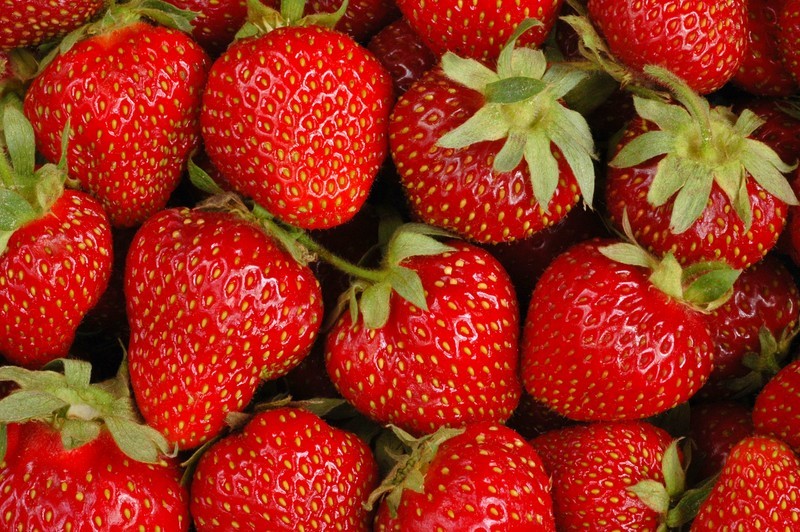
Strawberries are remarkable for their high vitamin C content. Vitamin C is important for its anti-inflammatory properties, which can help fight gum disease. It’s also involved in the maintenance of teeth and the absorption of iron. One cup of fresh strawberry halves provides 99% of the daily recommendation for vitamin C.
Strawberries are also a good source of iron, magnesium, manganese, potassium, selenium, zinc, calcium, and vitamin K.
One interesting thing about strawberries is they also contain a compound called malic acid. Malic acid is a natural teeth whitener, so eating strawberries could make your smile brighter as well as healthier.
Apples
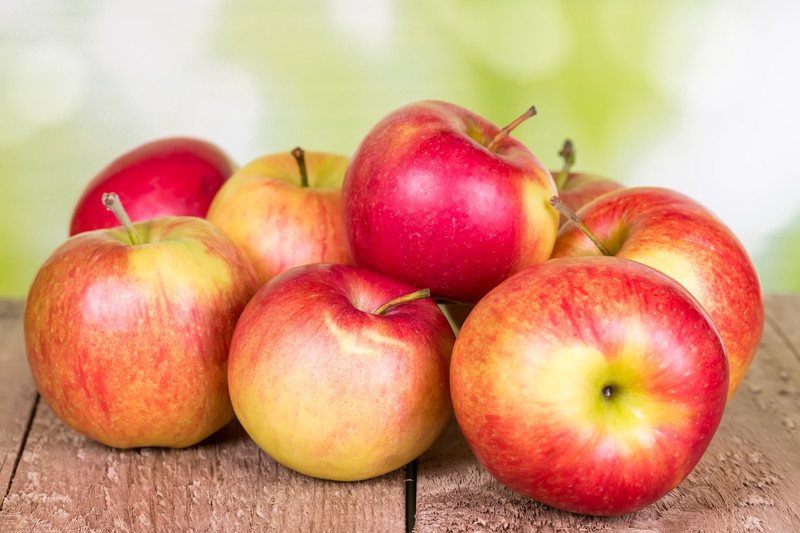
Like eating celery, eating apples can help clean your teeth. While they don’t have the same stringy texture as celery does, apples contain fiber that helps brush away plaque. Apples also stimulate the salivary glands, helping keep the acidity of the mouth low.
One medium apple provides 17% of the daily recommendation for fiber. It’s also a great source for vitamin C and a decent source for several B vitamins, vitamins A and K, calcium, iron, and several other minerals. This includes potassium, which helps improve the density of bones and teeth. A medium apple provides around 5% of the daily recommendation for potassium.
Carrots
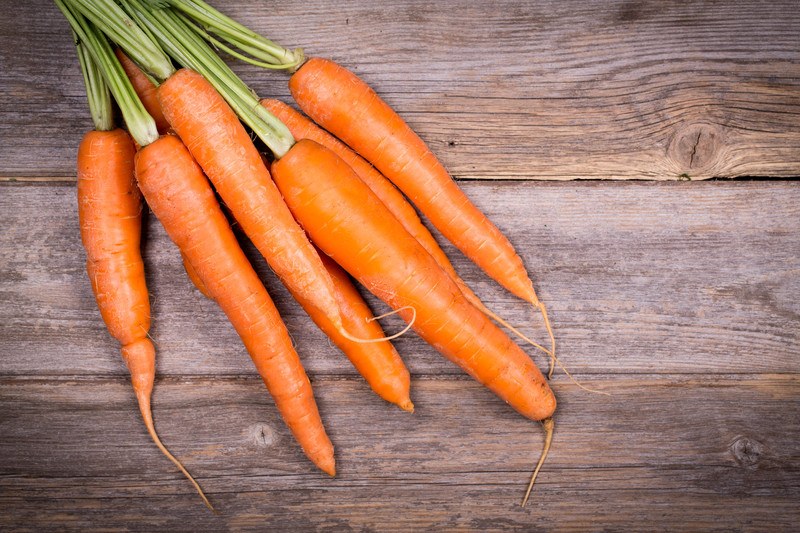
Carrots, like sweet potatoes, are rich in vitamin A, which helps with the development of strong teeth. A one-cup serving of raw, chopped carrots provides around 119% of the daily recommendation for vitamin A.
Carrots are a crisp, fibrous food. A cup-sized serving provides around 13% of the daily recommendation for fiber. Snacking on raw carrots cleans your teeth in the same way that munching on apples and celery sticks do.
Carrots are also rich in calcium, potassium, vitamins C and K, iron, and other helpful vitamins and minerals.
Salmon
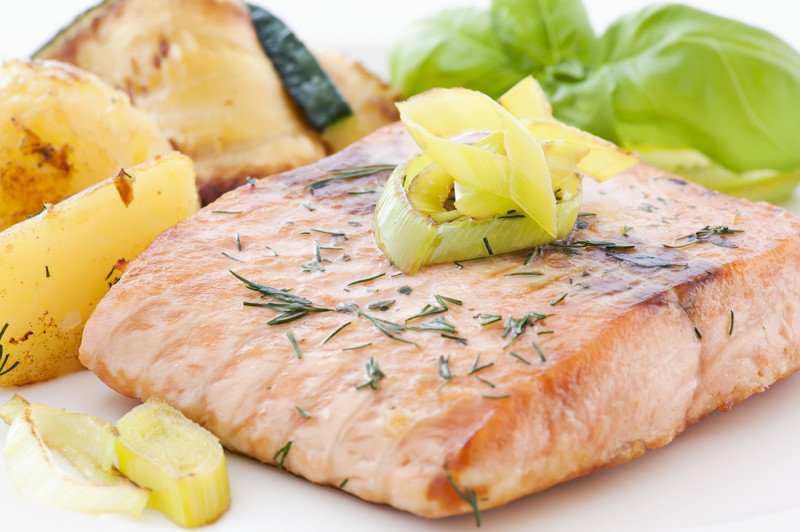
Salmon and other fatty fish such as tuna, mackerel, herring, and sardines contain high levels of omega-3 fatty acids. Omega-3 fatty acids are great for heart health, but they also drastically reduce the signs of periodontal disease.
Salmon is also high in other nutrients that have a positive impact on dental health. One small salmon fillet contains 88% of the daily recommendation for protein, 116% for vitamin D, and 14% for potassium. It’s also a good source of calcium, iron, and vitamin A, and it provides 315% of the daily recommendation for vitamin B12.
Kale
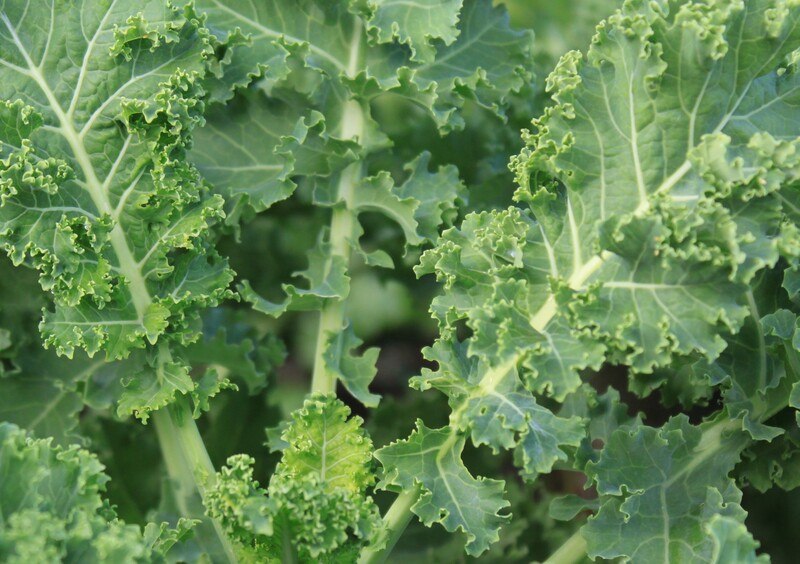
Like spinach, kale is a dark, leafy, green superfood that provides health benefits for the entire body. When it comes to dental health, kale is a significant source of vitamins and minerals that fight gum disease and help keep teeth strong.
A one-cup serving of fresh kale provides 4% of the daily recommendation for calcium and 2% for both iron and potassium. It also contains 122% of the daily recommendation for selenium, which promotes gum health, and it’s rich in several B vitamins. B vitamins also help fight gum disease by reducing oral inflammation.
Kiwi
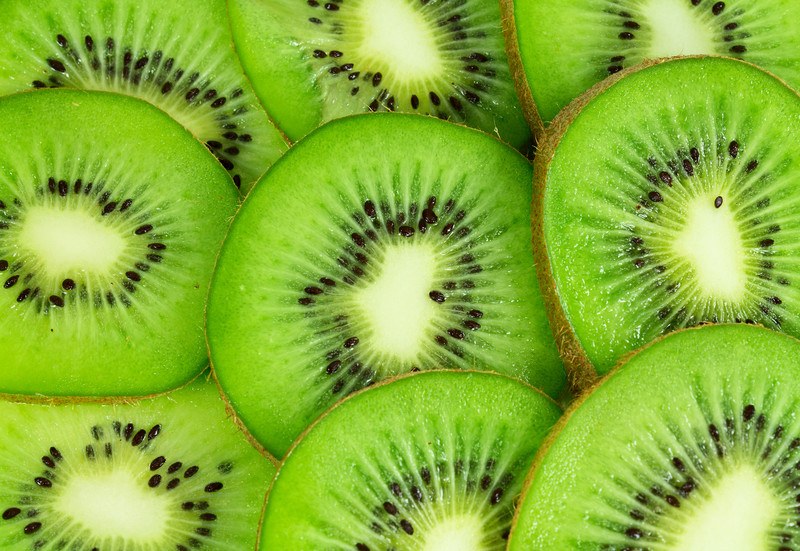
Like strawberries, Kiwi fruit is rich in vitamin C. One kiwi fruit provides 62% of the daily recommendation for vitamin C. Kiwi is also a great source of potassium, folate, and calcium, and it provides 25% of the daily recommendation for vitamin K, which could help with the remineralization of teeth.
Like apples and celery, Kiwi fruit is high in fiber, so munching on kiwi slices could help keep your teeth clean. One kiwi fruit provides around 8% of the daily recommendation for fiber.
Yogurt
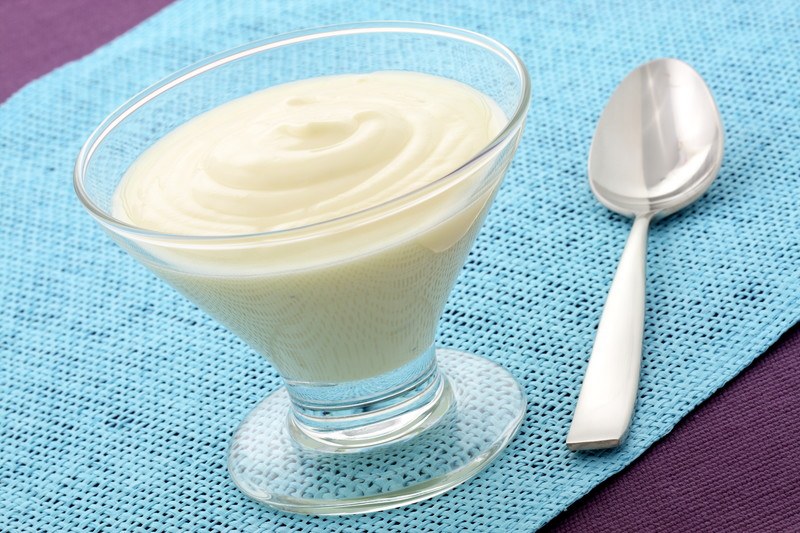
Yogurt is great for dental health in a few different ways. First, because it’s a dairy product, it’s rich in calcium and other nutrients that create strong, healthy teeth. A 7-ounce serving of plain, non-fat Greek yogurt provides 34% of the daily recommendation for protein, 14% for milk, 5% for potassium, 30% for selenium, and 53% for vitamin B12.
Yogurt is also important because it’s a fermented food. Yogurt and other fermented foods contain helpful bacteria that create a healthy gut microbiome. This is important for dental health because oral health is directly related to gut health. Other fermented foods such as kimchi, sauerkraut, miso, and kefir can help supply probiotic bacteria. Eating high-fiber foods also helps create a healthy gut microbiome, and hence, a healthy mouth.
Brazil Nuts
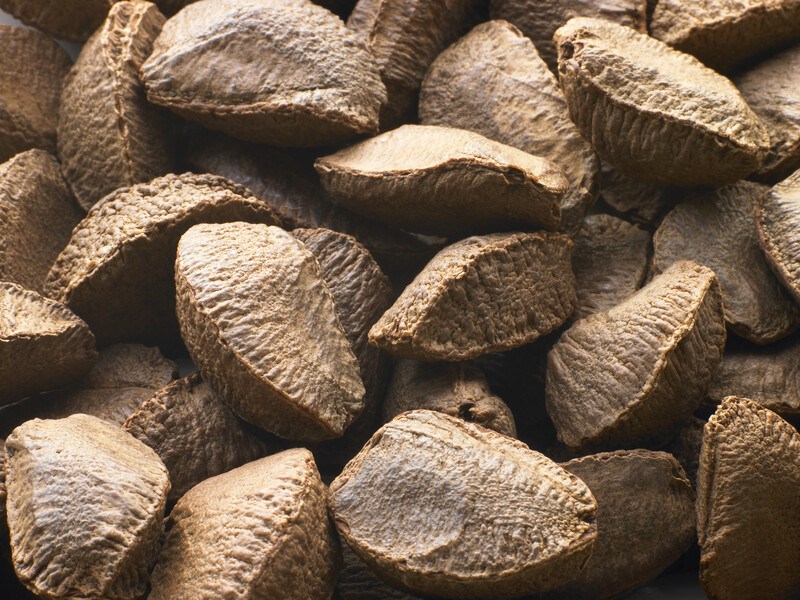
Like almonds, cashews, and other nuts, Brazil nuts contain protein and a rich mineral profile that helps keep teeth strong. However, Brazil nuts stand on their own when it comes to the mineral selenium. With 988% of the daily recommendation for selenium in a one-ounce serving, Brazil nuts are one of the best food sources for selenium.
Selenium is important for oral health in several ways. Selenium is found in both the dentine and enamel of teeth. Its antioxidant and anti-inflammatory properties could also help protect against gum disease.
Three Fabulous Food Combinations For Addressing Dental Health Immediately
Now that you’ve read through the list of the 15 best foods for dental health, let’s discuss some fabulous food combinations from the list. These combinations are designed to give you a well-rounded nutrient profile, so you can address several dental health issues through nutrition right away.
Combination #1: Strawberries And Milk
Strawberries are rich in vitamin C, which helps protect the mouth from gum disease. Milk is rich in both calcium and vitamin D, which work together to strengthen teeth. This combination makes a great after-meal treat that benefits your mouth. Just skip the added sugar. If you feel like you need a sweetener, add a dash of cinnamon powder, instead.
Combination #2: Salmon And Spinach
Salmon provides Omega-3 fatty acids, vitamin D, and several B vitamins, which help keep gum disease away. Spinach provides tooth-cleaning fiber as well as vitamin K to help replenish minerals lost from the teeth. Spinach is also a good source of calcium, which works with the vitamin D in the salmon to help re-mineralize teeth.
Combination #3: Yogurt And Kiwi With Almonds
Add a sliced kiwi fruit and a handful of almonds to a container of nonfat, plain Greek yogurt. The taste is tangy, slightly sweet, and refreshing. Almonds and yogurt provide protein and minerals to strengthen teeth, while kiwi fruit provides vitamin C and fiber to keep the mouth healthy, clean, and free from gum disease.

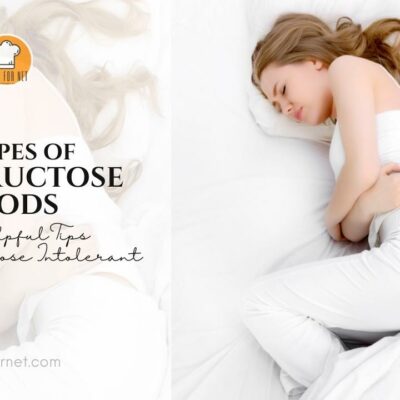
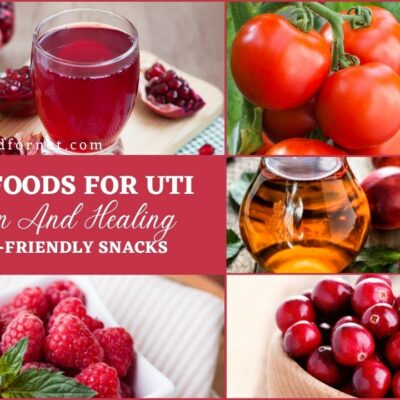


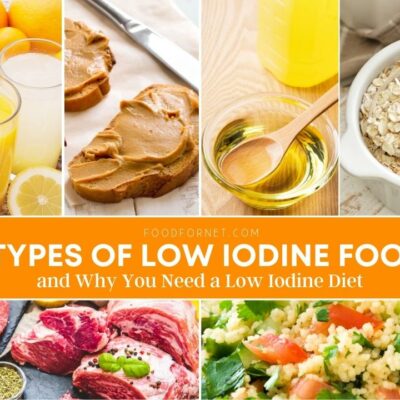

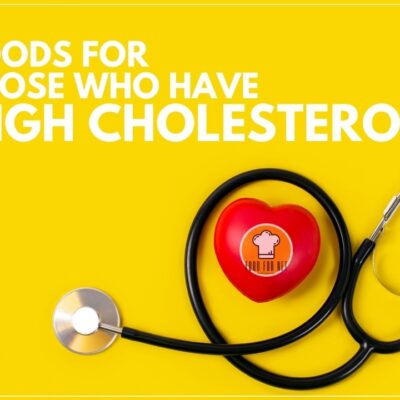
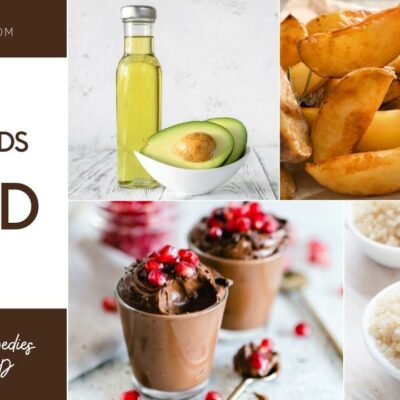
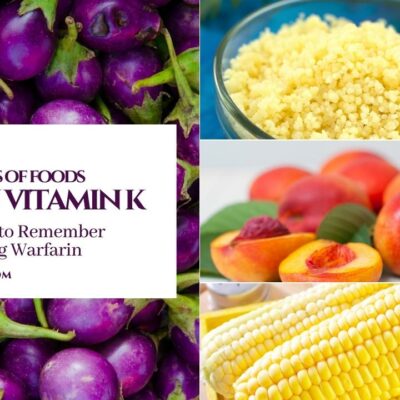

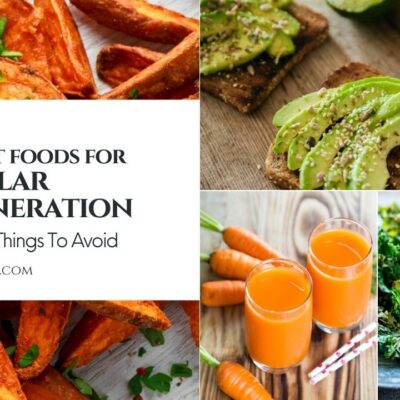

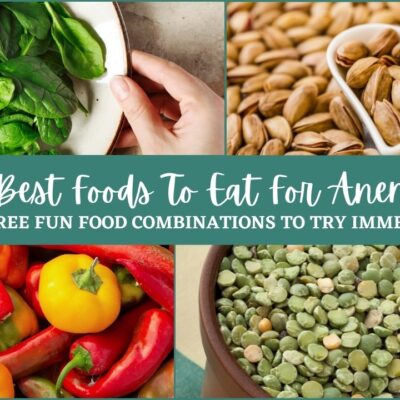

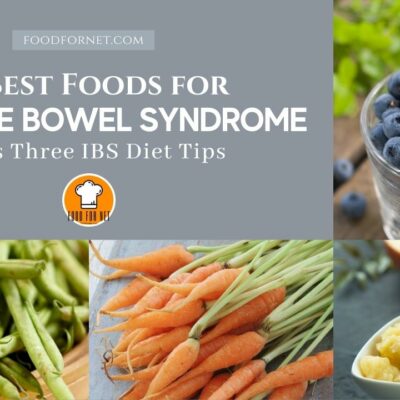

 Is Lettuce Good For You?
Is Lettuce Good For You?
Leave a Reply